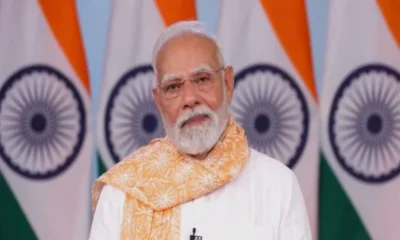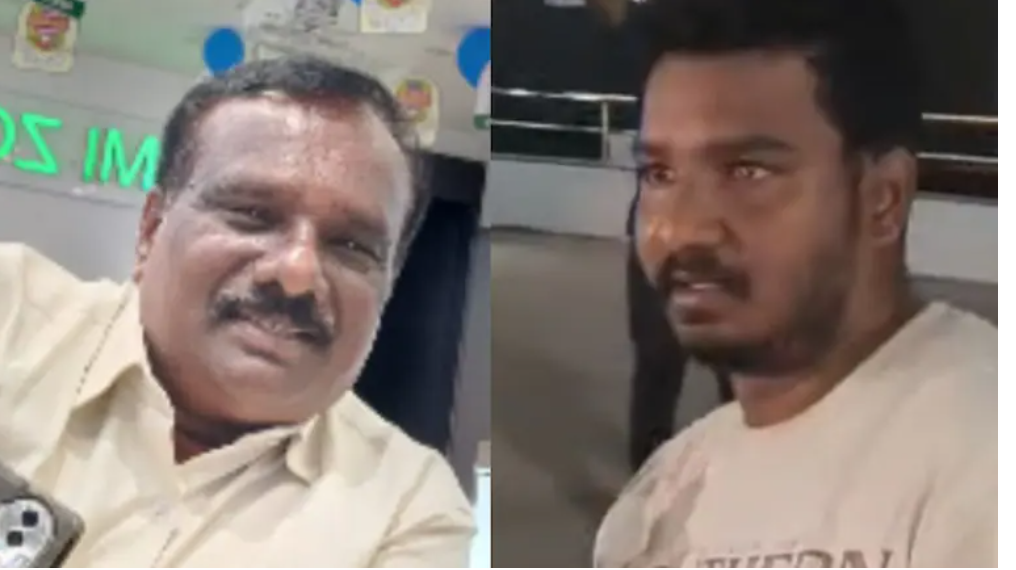In response to the restrictions imposed on internet speed in Jammu and Kashmir, the Principal Secretary of the Home Department of the Central Government has said that the right to use the Internet is not a fundamental right and that India’s sovereignty and integrity, security of the state, public. This can be reduced keeping in mind the system or crime.
The state has further stated that “Article 19 (6) of our constitution can also restrict the right to do any trade or business in the interest of the general public, for example which includes public order, public health and It is also described in the Directive Principles of State Policy.
A reply has been filed against a group of petitions restoring internet speed in 4G data services in Jammu and Kashmir. In which the Chief Petitioner Foundation for Media Professionals challenged the Union Territory order of 26 March which limited the internet speed in the valley to 2G only.
The government told the court that after declaring Jammu and Kashmir as a union territory, the activity on social media had increased with the intention of disturbing public peace in the valley.
“Many hash-tag use is believed by Pakistani handles to glorify the Pakistani Army and terrorist organizations / terrorists and portray them as” fighters “for the” struggle “of Kashmir, more at the behest of the Pakistani Army. At the behest of the Pakistan Army for organizing violent protests and rallies and further participation in social media campaigns Was “inspired” to campaign against India.
Apart from this, it was reported that due to increase in internet speed, there is a possibility of uploading fast videos and posting other heavy video files.
In support of its order, the government stated an incident when a few days ago about 500 villagers gathered to attend the funeral of a terrorist where they violated the lockdown rules. Pictures of terrorists of banned terrorist organizations were circulated on social media sites. Which could be used to incite and mislead the youth and incite them against the country.
The government further stated that the Supreme Court in Anuradha Bhasin v. Union of India has also said that “the Internet can be used to spread terrorism, which threatens India’s sovereignty and integrity and modern terrorism is very much on the Internet.” depends on.”
The state administration is taking all possible steps to ensure national security and internal security, in which the minimum inconvenience to the citizens is being taken care of while keeping the important issues paramount.
The government informed the court that mobile data services are available at internet 2G speed. Post-paid SIM card holders have been given internet access. Fixed-line Internet connectivity with MAC binding is available without any speed restrictions.
























